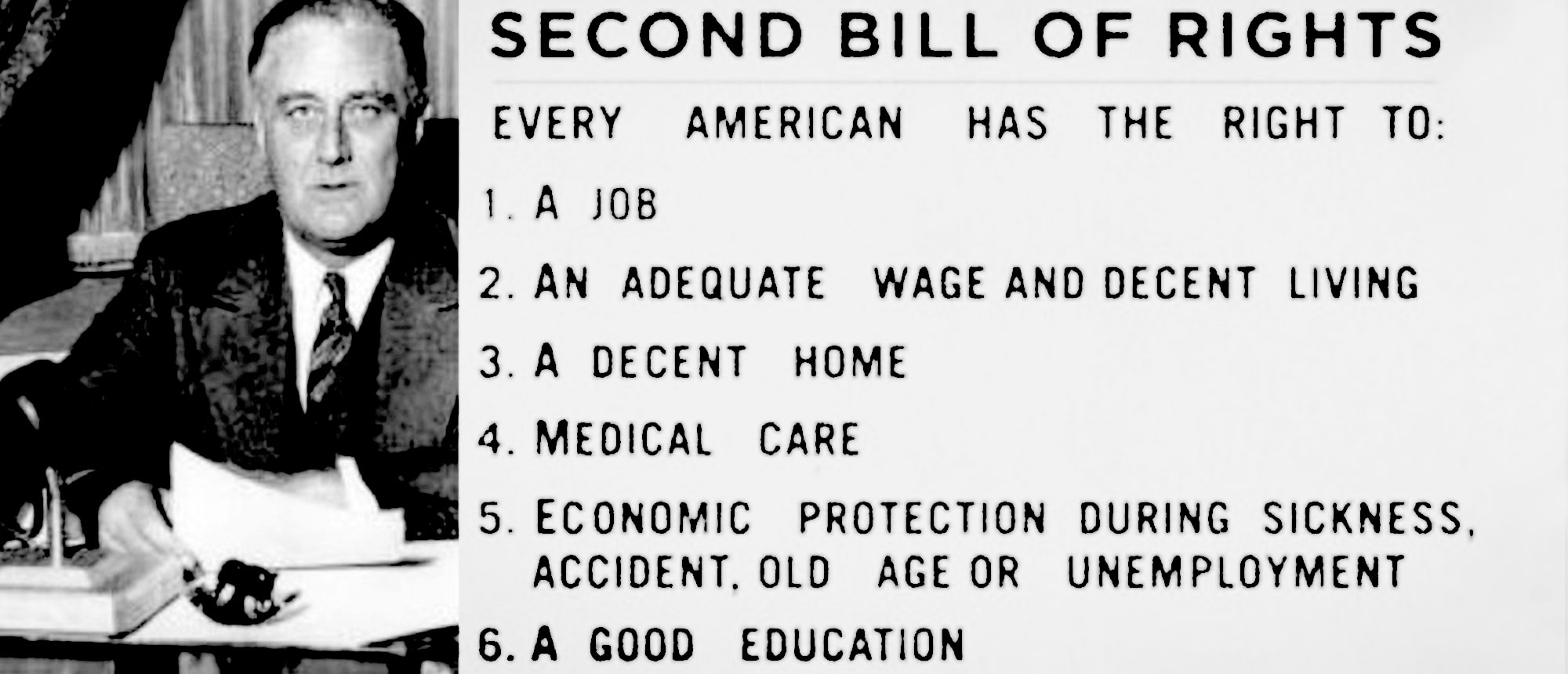(ThyBlackMan.com) According to the National Institute of Dental and Craniofacial Research, approximately 90% of adults between the ages of 20 to 64 have dental caries (tooth decay).
But why is that relevant? It’s relevant because fluoride is the mineral that prevents dental caries from developing in the first place. When people have poor dental hygiene, this can aggravate the problem and increase the intensity of decay.
Since the health and structural integrity of enamel on our teeth relies on fluoride, it is critical that you keep it in check. Most people assume that fluoride is something you worry about in children.
However, you’ll be surprised how many adults also need to take care of it. If your adult teeth lack fluoride, there are ways you can obtain it. But before we move on, let’s cover our bases of what fluoride is:
Fluoride
Fluoride is a naturally occurring mineral that can be found in water and different kinds of foods. This particular mineral plays an important role in protecting the tooth and making it resistant to attacks from bacteria in plaque and sugars.
Every day, the fluoride already present on our teeth is demineralized and remineralized. When acids from bacteria and sugars interact with the enamel, they remove fluoride. They are redeposited to the enamel layer when water and food with fluoride is consumed.
In the case you don’t get enough fluoride naturally, it fails to remineralize the tooth and leaves it exposed to bacteria. Consequently, it leads to tooth decay and possible tooth extraction in Rosedale.
According to the American Dental Association, there are two ways you can supplement your fluoride intake.
Topical and Systemic Fluoride
Topical and systemic fluorides are like supplements that provide mineral from other sources. Topical fluorides refer to those that can be applied directly on top of the enamel layer.
Examples for topical fluorides include fluoride toothpaste and mouthwashes. Instead of consuming them, you expose the fluoride-rich formula to your teeth, allowing the remineralization process to deposit the needed fluoride.
Contrarily, systemic fluorides refer to the ones that you swallow or ingest. Examples include water and foods loaded with fluoride and dietary supplements.
The best results are seen when fluoride is available both systemically and topically. However, for some people, especially ones at high risk for dental caries, these might not be sufficient.
For such people, there are in-office professional fluoride treatments.
In-Office Fluoride Treatments
In one way, professional fluoride treatments can be considered as topical. They are recommended by dentists to patients who have a moderate to high risk of developing tooth decay.
However, unlike other topical treatments, the fluoride treatment prepared for professional treatments is concentrated. Hence, they need to be applied by a professional. Dentist in Rosedale takes extra care in making sure not to overpower the formula as that might be harmful.
The treatment typically takes only a few minutes where the dentist applies a fluoridated gel, foam or solution to your teeth with a brush or cotton swab. It is also administered by placing the solution in a tray and holding it in place for a few minutes.
In order for the treatment to work and the fluoride to be absorbed, you’ll be advised not to eat, drink or rinse your mouth for at least 30 minutes. This gives the mineral enough time to trigger the repair microscopic carious areas.
The frequency of the treatment will depend solely on your oral health. If the risk for developing caries is high, the dentist might advise additional preventative measures.
Do Adults Need Fluoride Treatments?
Most people wrongfully think that fluoride treatments are only meant for kids until their 18 years old. Adults, on the other hand, don’t require them as they get enough fluoride from food and water.
However, it is not only kids who suffer from fluoride deficiency. There are several factors that can increase an adult’s likelihood of getting dental caries and warrant fluoride treatments. For example:
- Poor oral hygiene
- Prescriptions that reduce the production of saliva
- Gum recession or otherwise exposed root and tooth surfaces
- Poor diet
- Active orthodontic treatment like crown placements
- Drug or alcohol abuse
- Lack of regular professional dental care
- Head and neck radiation therapy
These are conditions that are common among adults. This means a fluoride treatment might be needed if any of these conditions apply to someone. However, the safest way to find out is by seeing a dental professional.
They’ll take your dental history along with performing a meticulous dental exam. After that, they’ll be able to suggest the right way forward.
Keep in mind that your dental health is in your hands. So choose a competent dentist who can help you keep your smile bright for years to come.
Staff Writer; Terry Jackson




















Leave a Reply